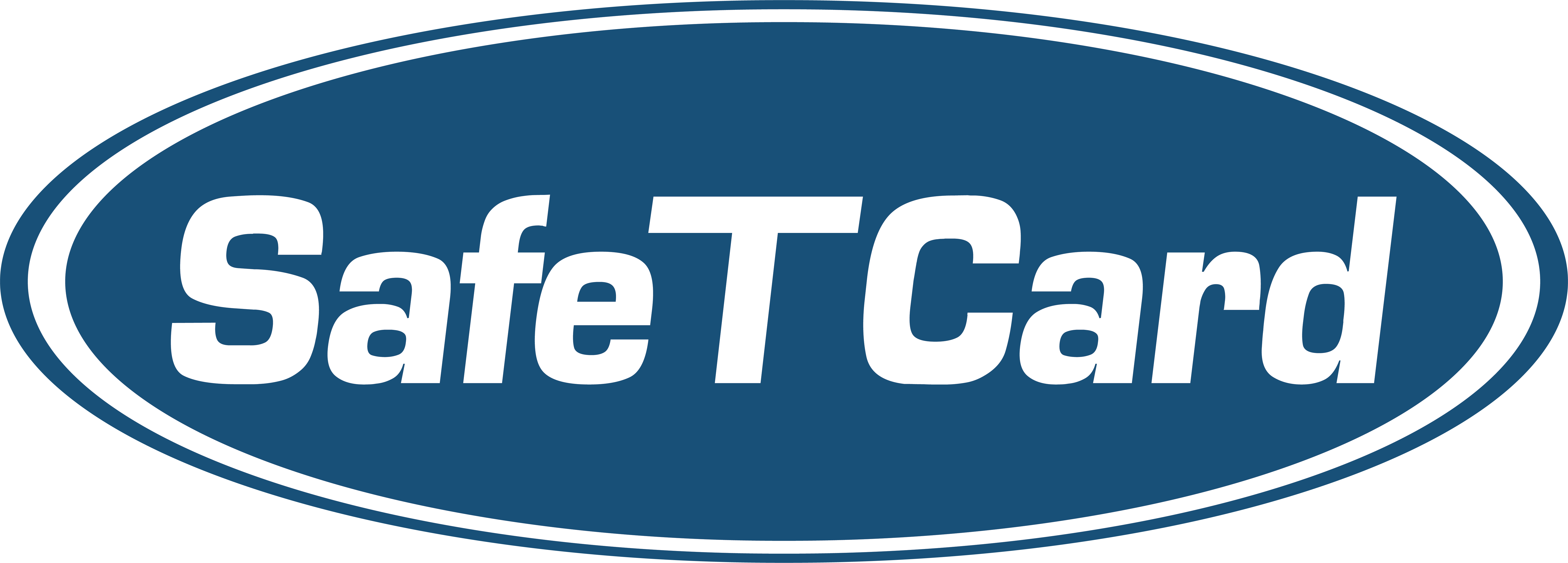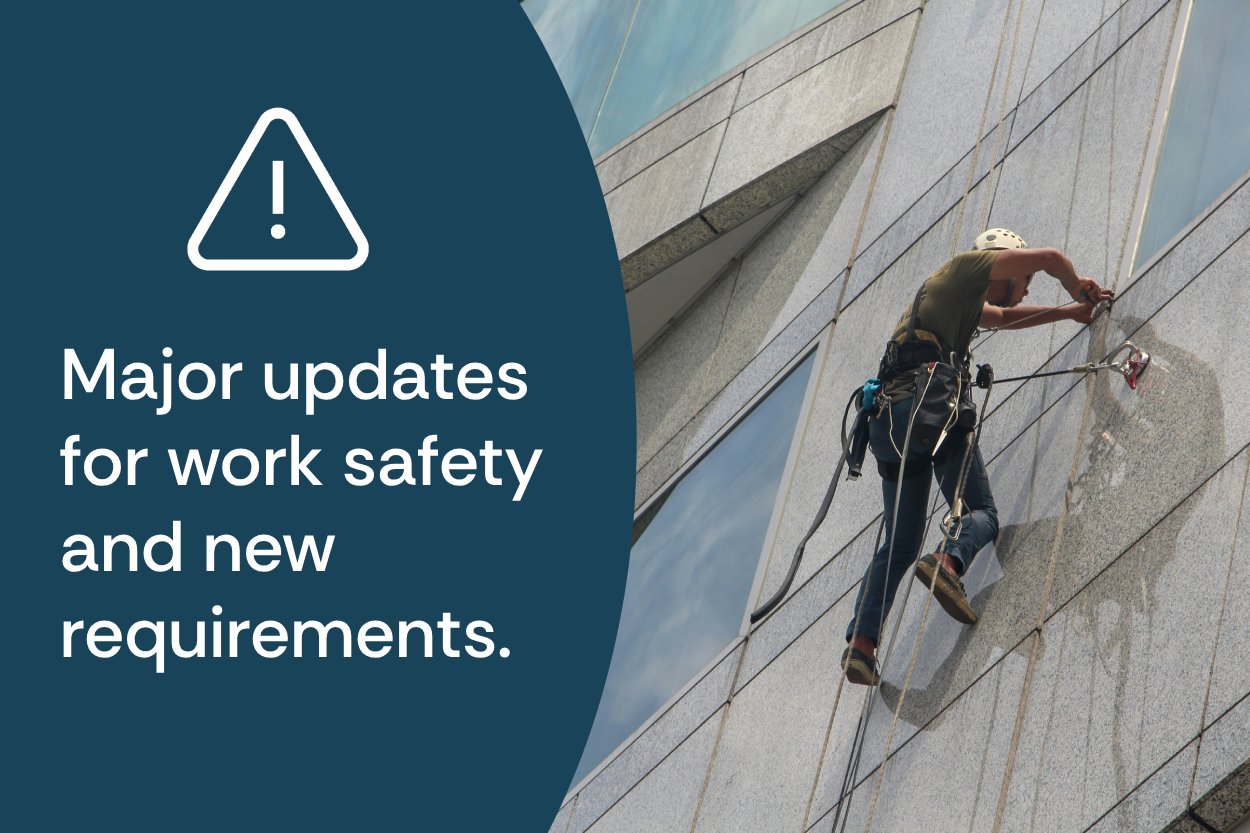In March 2024, significant updates were made to the Work Health and Safety (WHS) regulations across Australia, specifically targeting the safety of lone workers. The legislation update and new requirements are a major legislative change that came from the 2022 Review of Queensland’s Work Health and Safety Act 2011 and recommendations from the national 2018 Review of the Model Work Health and Safety Laws (Boland Review).
The new legislation, known as the Work Health and Safety and Other Legislation Amendment Act 2024 (WHSOLA Act), represents a significant advancement in workplace safety regulations, strengthening the protection of lone workers and the responsibilities of employers. By understanding and implementing these new requirements, businesses can not only comply with the law but also create a safer and more supportive work environment for all employees.
Key changes include:
- Prohibition on Insurance for WHS Penalties: This amendment ensures that businesses cannot use insurance to cover fines related to work health and safety penalties. By eliminating this safety net, the legislation aims to enhance the deterrent effect of monetary penalties, encouraging businesses to prioritise compliance and worker safety proactively.
- Enhanced worker representation: The new regulations significantly strengthen the role of Health and Safety Representatives (HSRs). These changes clarify the rights and responsibilities of HSRs and WHS entry permit holders, ensuring that workers have a stronger voice in health and safety matters. Key enhancements include:
– Prohibiting any actions that hinder the election or function of HSRs.
– Introducing penalties for businesses that obstruct HSR activities.
– Expanding the role and powers of HSRs to include accompanying WHS entry permit holders and inspectors during workplace inspections.
- Updated compliance requirements: the WHSOLA Act introduces stricter guidelines for risk management and incident reporting. Employers are now required to:
– Maintain comprehensive records of safety measures and incidents.
– Implement effective risk management strategies.
– Regularly review and update their safety protocols to ensure ongoing compliance with the latest standards.
These updates reflect a broader commitment to fostering a safer work environment and ensuring that businesses take a proactive approach to health and safety.
Differences by state and territory:
While most states and territories in Australia adhere to the Model WHS Act, there are some variations in how these regulations are implemented:
- Victoria: Victoria has not adopted the Model WHS Act and continues to operate under the Occupational Health and Safety Act 2004. This means businesses in Victoria must refer to different legislation compared to other states.
- Queensland: Queensland has incorporated the WHSOLA Act 2024, which includes the significant updates mentioned above, aimed at enhancing worker protection and compliance.
- New South Wales, South Australia, Tasmania, Northern Territory, Australian Capital Territory, and Western Australia: These states follow the Model WHS laws but may have minor variations or additional regulations specific to their jurisdictions.
For specific details about the regulations in your state, refer to the local WHS authorities:
Join the WorkSafe Queensland free webinar
Stay informed, stay compliant, and prioritise safety in your workplace.
To help businesses understand and navigate these regulatory changes, WorkSafe Queensland is hosting a comprehensive webinar on the WHSOLA Act 2024. This webinar is an invaluable opportunity for employers, safety managers, and HR professionals to gain in-depth knowledge about the new regulations and how to implement them effectively.
Webinar details:
– Date: 30th of July 2024
– Time: 1.30 pm – 1.50 pm AEST
– Topics covered:
- Health and safety representatives (HSR) powers and functions
- New employer obligations in informing workers about HSR elections, powers and functions
- HSR training and remuneration
- Provisional improvement notices and cease work notices
- Entry permit holder powers
- Changes to the role of inspectors in issue and dispute resolution
- Changes to suitable entities and relevant unions (worker representatives)
- Changes to the jurisdiction of the Queensland Industrial Relations Commission
- Regulation information sharing with other jurisdictions
Why attend?
- Stay informed: Gain a thorough understanding of the new WHS regulations and how they affect your business.
- Ensure compliance: Learn practical strategies to ensure your business meets the updated compliance requirements.
- Enhance safety: Discover best practices for enhancing worker safety, particularly for lone workers.
- Expert insights: Benefit from the knowledge and experience of WHS professionals.
Registration:
To register for the webinar, fill out the WorkSafe Queensland registration form.
Create a safe and productive environment while staying compliant
SafeTCard provides advanced safety solutions that help employers meet their obligations and protect their workers effectively. For more detailed information and resources on lone worker safety, visit Safe Work Australia and your local WHS authority. Ensuring the safety and well-being of lone workers not only fulfils legal obligations but also fosters a culture of care and responsibility within the workplace.
For more information on how SafeTCard can help enhance the safety of your lone workers, contact us today or call us on 1300 723 382. Together, we can ensure a safer and more secure working environment for all.




